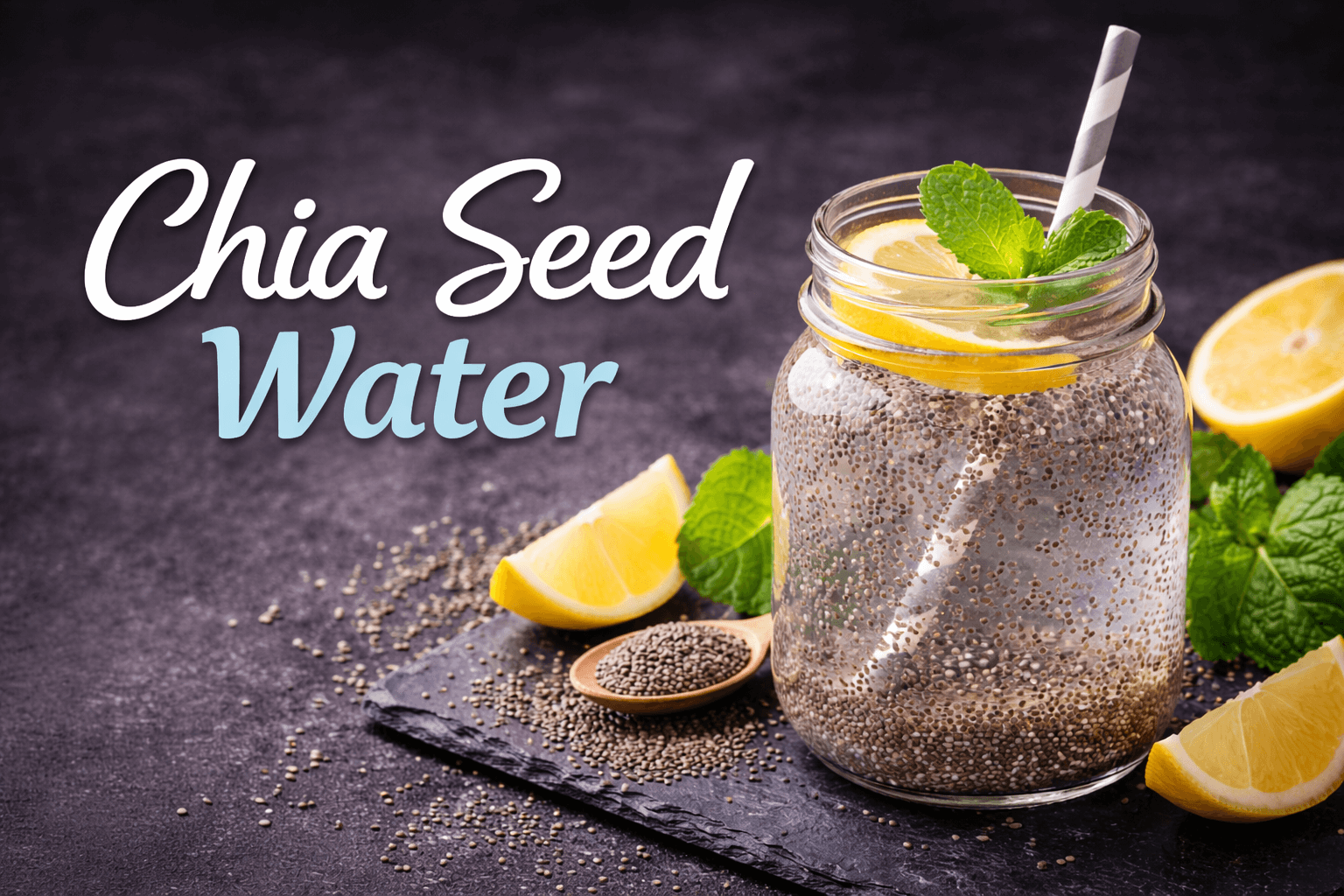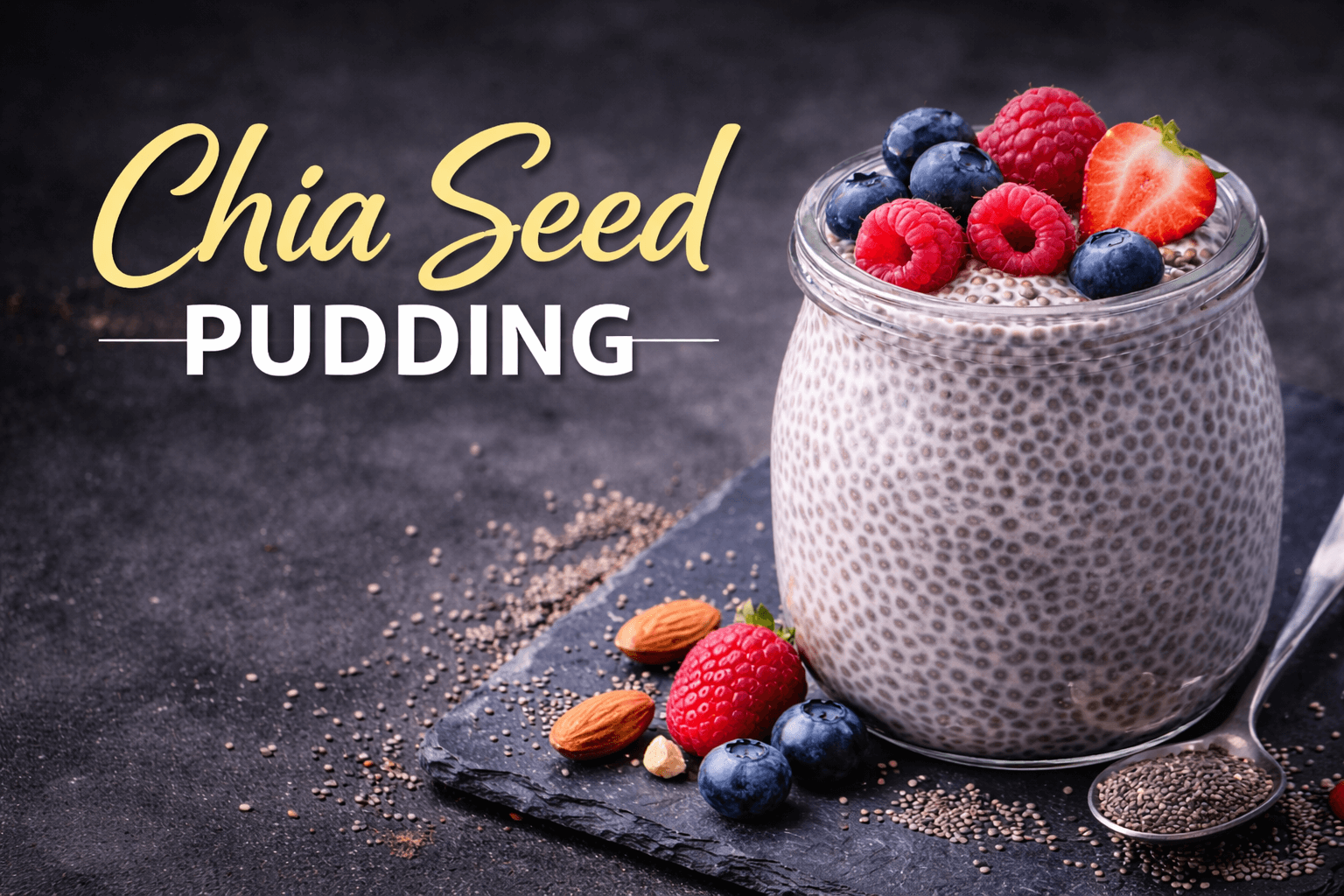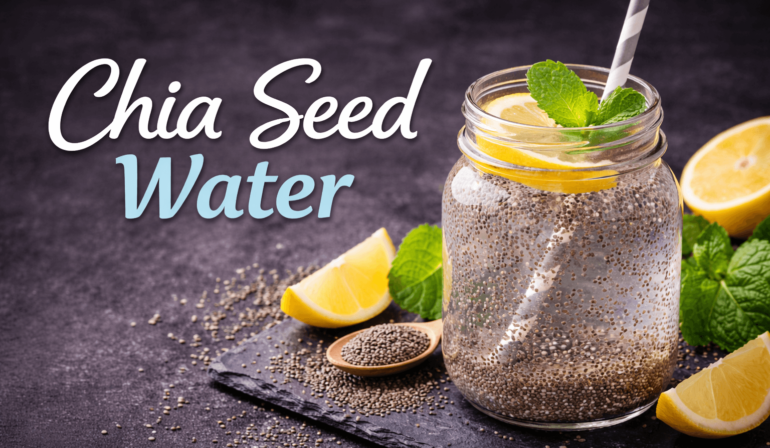Sabja Seeds: The Superfood You Didn’t Know You Needed

🌱 Introduction to Sabja Seeds
If you’re looking to upgrade your health game with something small but mighty, sabja seeds might just be your secret weapon. These small black species are full of nutrients and are known for their cooling properties and incredible health benefits.
Read More: Easy & Fun Toddler Meal Ideas Your Little One Will Love!
Table of Contents
🌿 What Are Sabja Seeds?
Sabja seed, also known as basil seeds, come from the sweet basil plant (Ocimum basilicum), widely used in Ayurvedic and Chinese medicine. Though tiny, they swell up into gel-like pearls when soaked in water, much like chia seeds.
🌍 Origin and Botanical Background
Native to India and Southeast Asia, sabja seeds have been used for centuries in traditional recipes and medicines. They’re not just a trendy superfood—they’ve stood the test of time.
⚖️ Sabja vs Chia Seeds – What’s the Difference?
While both look similar, sabja seeds swell up faster and are usually black, whereas chia seeds can be black, white, or grey. Sabja seeds also have a distinct flavor and are preferred in Indian drinks like falooda.
🥗 Nutritional Profile of Sabja Seeds
Tiny as they are, sabja seed are a powerhouse of essential nutrients. Let’s take a deep dive into what makes these seeds a superfood worth including in your daily diet.
Macronutrients and Micronutrients (Per 1 Tablespoon / ~13g of Sabja Seed)
- Calories: 60–70 kcal
- Carbohydrates: 7g (mostly dietary fiber)
- Protein: 2–3g
- Fats: 2.5–4g (primarily omega-3 and omega-6 fatty acids)
- Fiber: 4–6g
- Calcium: ~200mg (20% of daily value)
- Magnesium: ~95mg (25% of daily value)
- Iron: ~2mg (15–20% of daily value)
- Phosphorus: ~60mg
- Potassium: ~40–50mg
- Folate: Trace amounts
- Zinc and Copper: Present in small but significant amounts
Rich in Dietary Fiber
Sabja seed are loaded with soluble fiber, especially mucilage, which helps form a gel-like consistency when soaked. This:
- Aids digestion
- Regulates bowel movement
- Keeps you full longer
- Balances blood sugar levels
Omega-3 and Omega-6 Fatty Acids
These seeds are a natural plant-based source of Alpha-Linolenic Acid (ALA), a type of omega-3 fatty acid that plays a crucial role in:
- Reducing inflammation
- Supporting brain function
- Promoting heart health
Packed with Calcium and Iron
- Calcium supports strong bones and teeth, essential especially for women and elderly adults.
- Iron helps in the production of red blood cells and prevents anemia.
High in Magnesium and Potassium
- Magnesium helps in over 300 biochemical reactions in the body, from muscle relaxation to energy production.
- Potassium aids neurological function and compensates for fluid and heart health.
Antioxidant Content
Sabja seeds are naturally rich in flavonoids and polyphenols, which:
- Fight oxidative stress
- Prevent cell damage
- Support anti-aging effects on skin and organs
Zero Sugar and Low Glycemic Load
Sabja seed are completely sugar-free and have a low glycemic index, making them ideal for diabetics and those trying to stabilize energy levels throughout the day.
Hydrophilic Nature
Their ability to absorb water up to 20–30 times their weight helps in hydration and maintaining electrolyte balance, especially in hot climates.
Naturally Gluten-Free and Vegan
Perfect for people with gluten intolerance, celiac disease, or those following a plant-based diet.
💪 Health Benefits of Sabja Seeds
Aids in Weight Loss
Keeps You Full for Longer
The soluble fibers of the subjan seeds expand in the stomach, promoting satiety and reducing hungry tanks.
Low in Calories
With a small portion, you can feel full without overloading your calorie intake.
Regulates Blood Sugar Levels
Sabja seed form a gel-like coating that slows down the digestion process, helping to prevent sudden spikes in blood sugar levels—a boon for diabetics.
Boosts Digestive Health
Loaded with fiber, sabja seed support healthy digestion and combat common issues like bloating, constipation, and acidity.
Natural Body Coolant
In Indian households, sabja is often added to summer drinks to cool the body. It reduces body heat and prevents heatstroke.
Rich in Antioxidants
Antioxidants fight free radicals in the body, improving your immune system and reducing the risk of chronic diseases.
Improves Skin and Hair Health
The vitamins and minerals of Sabuja nourish hair and skin from within. Omega-3s contribute to shinier hair and clearer skin.
🥣 How to Consume Sabja Seeds
Soaking Methods and Tips
Always soak sabja seeds in water before consuming. Soak in 1 teaspoon of water for 10-15 minutes. The seeds will swell and turn gelatinous.
Best Time to Consume
Morning is the best time to consume sabja for weight loss or digestion. For cooling effects, try it mid-afternoon.
Dosage Recommendations
- 1 daily teaspoon is a safe amount for most adults.
- Overconsumption may cause bloating or digestive issues.
🍹 Popular Recipes Using Sabja Seeds
Sabja Lemonade
Mix soaked sabja seed into lemonade with mint and honey for a refreshing summer drink.
Smoothie Bowls with Sabja
Add sabja to your smoothie bowls for a fun texture and nutrition boost.
Indian Falooda Dessert
Traditional Indian delights of rosen’s syrup, vermiselli, milk and of course Sabja seeds.
Detox Water with Sabja
Infuse water with lemon, cucumber, mint, and sabja seeds for a daily detox drink.
⚠️ Precautions and Side Effects
Who Should Avoid Sabja Seeds?
- Pregnant women (consult your doctor first)
- Children under 5 years
- People on blood-thinning medication
Possible Allergic Reactions
Though rare, some may experience:
- Nausea
- Vomiting
- Itchy skin or swelling
Overconsumption Risks
Too much fiber can lead to flatulence and stomach complaints. Stick to the recommended dosage.
🛒 Where to Buy and Store Sabja Seeds
Buying Tips
Look for:
- Organic certification
- Clean, unbroken seeds
- Fresh manufacturing date
Available in:
- Local grocery stores
- Ayurvedic shops
- Online platforms like Amazon
Storage Instructions
- Store in an airtight container
- Keep in a cool, dry place
- Avoid moisture to prevent spoilage
✅ Conclusion
Sabja seeds might be tiny, but they are mighty. From helping with weight loss to improving skin and cooling your body, their benefits are countless. Whether you’re health-conscious or just looking to try something new, adding sabja seeds to your diet is a simple and effective choice. The best are often offered in small packages, and the seeds of the subja ja are the perfect example of this.
❓FAQs
1. Can I eat sabja seeds without soaking?
No, they should always be soaked to avoid choking and to activate their nutrients.
2. Are sabja seeds safe for pregnant women?
Consult your doctor before consuming sabja seeds during pregnancy, as they may affect hormone levels.
3. How long can I store soaked sabja seeds?
Use them within 1 day if refrigerated, as they may lose texture and freshness.
4. Are sabja seeds good for kids?
Children above 5 can consume small quantities under adult supervision.
5. Do sabja seeds taste like anything?
They are tasteless, which makes them perfect for blending into different recipes without altering the flavor.












